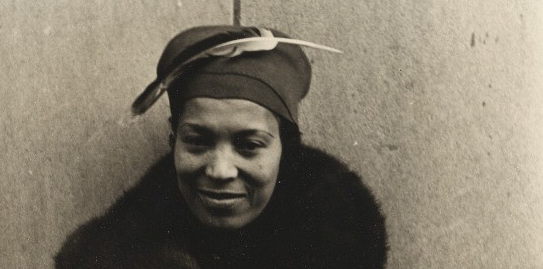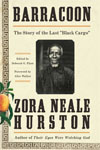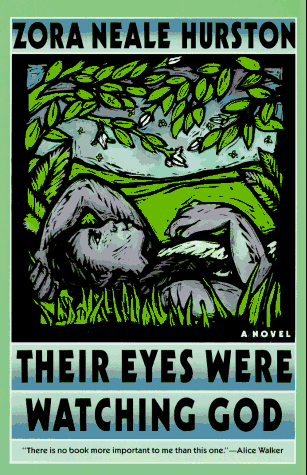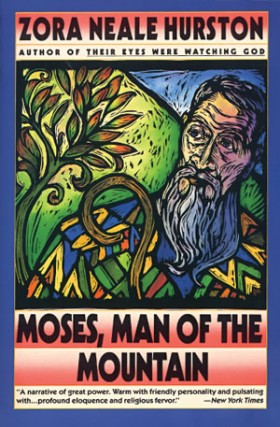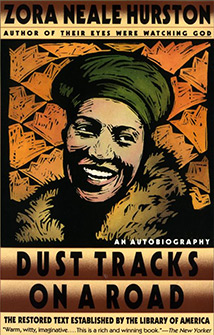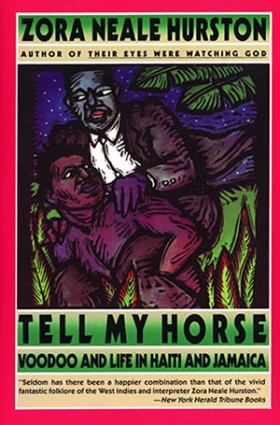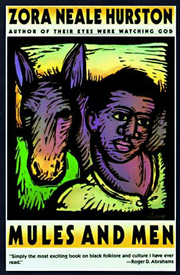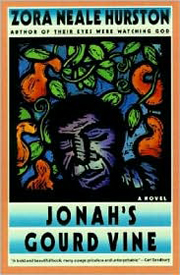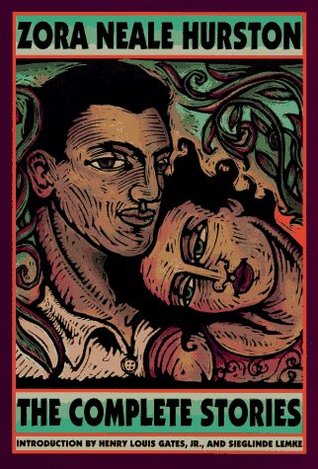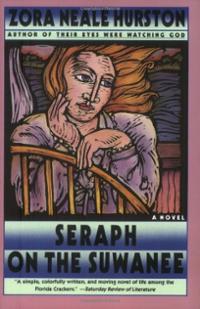Zora Neale Hurston
"I am not tragically colored. There is no great sorrow dammed up in my soul, nor lurking behind my eyes. I do not mind at all."
"There is no book more important to me than this one."
Alice Walker on Their Eyes Were Watching God
Fieldwork, filmed and narrated by Zora Neale Hurston
President Barack Obama quotes Zora Neale Hurston at Howard University Commencement
Oprah Winfrey quotes Zora Neale Hurston at the opening ceremony of the Smithsonian Museum of African American History and Culture
Zora Neale Hurston's Hometown Legacy - The New York Times
Agent: Joy Harris
Zora Neale Hurston is one of the pre-eminent writers of twentieth-century African-American literature. Anthropologist, folklorist and novelist, Hurston was closely associated with the 1920s Harlem Renaissance and has influenced such writers as Alice Walker, Toni Morrison, Ralph Ellison, Gayle Jones, and Toni Cade Bambara.
Over a career that spanned more than 30 years, Hurston published four novels, two books of folklore, an autobiography, numerous short stories, essays, articles and plays.
Born on Jan 7, 1891 in Alabama, Hurston moved with her family to Eatonville, Florida, when she was three years old. She had a relatively happy childhood which came to an abrupt end when her mother died in 1904 and her father quickly remarried. In 1917, at 26 years old, she still hadn't finished high school, so changed her year of birth to 1901 to present herself as a 16-year-old girl. Hurston was 10 years younger for the rest of her life, and went on to receive a scholarship at Barnard College where she graduated with a B.A in anthropology in 1928.
By 1935, Hurston had published several short stories and articles, as well as a novel (Jonah's Gourd Vine) and a well-received collection of black Southern folklore (Mules and Men), but the late 1930s and early '40s marked the real zenith of her career. She published her masterwork Their Eyes Were Watching God in 1937, Tell My Horse in 1938 and Moses, Man of the Mountain in 1939. Her autobiography, Dust Tracks on a Road, was published in 1942, and another novel, Seraph on the Suwanee in 1948.
Hurston became the most significant black female writer of the first half of the 20th century, but by the late 1950s was living in obscurity and working as a maid in a Florida hotel. She died penniless in 1960, was buried in an unmarked grave, and quickly faded from literary consciousness.
In the summer of 1973, a young writer named Alice Walker traveled to Fort Pierce to place a marker on the grave of this author who had greatly inspired her own work. Borrowing from a Jean Toomer poem, she had the plain gray headstone engraved with a fitting epitaph: "Zora Neale Hurston: A Genius of the South." Walker almost single-handedly revived interest in Hurston’s work beginning with the 1975 publication of her essay "In Search of Zora Neale Hurston.”

